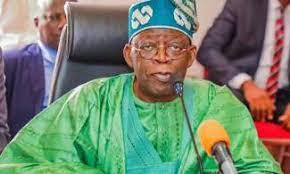The Second Niger Bridge being constructed by engineering giant, Julius Berger Plc, has the capacity to impact on the economic viability of the South-east and change the living standard of the inhabitants, a policy analyst, Patrick Okigbo has said.
A press statement by the media unit of the conglomerate, issued to Blueprint, Sunday, said Mr Okigbo stated this while speaking to New York Times recently, saying: “…it will impact on the cost of doing business and the lives of the people.”
In answer to the needs and yearnings of the people, the analyst said “the construction of the new bridge will ease the traffic burden and enhance the free flow of access to work, business centres, markets and other places that have social and economic significance to the people.”
The Second River Niger Bridge is the product of a Public-Private Partnership involving the Federal Ministry of Works, the Ministry of Finance, the Nigeria Sovereign Investment Authority (NSIA), the Presidential Infrastructural Development Fund (PIDF), and Julius Berger Nigeria Plc.
It is a Design, Finance, Build, Operate and Transfer (DFBOT) model; which means that the government owns and finances the project’s construction while Julius Berger, a company with a track record of excellence over 50 years, designs and builds.
The scope of Julius Berger’s work for the Second River Niger Bridge includes constructing two secondary bridges at Amakom Village Road and Atani Road, as well as approach roads from Asaba and Onitsha, a new cloverleaf interchange at Onitsha-Owerri Road, and a toll station.
The bridge is already enabling progress in the region and would do even more upon completion. The project employs about 1700 people and is scheduled for completion in 2022, the statement said.




